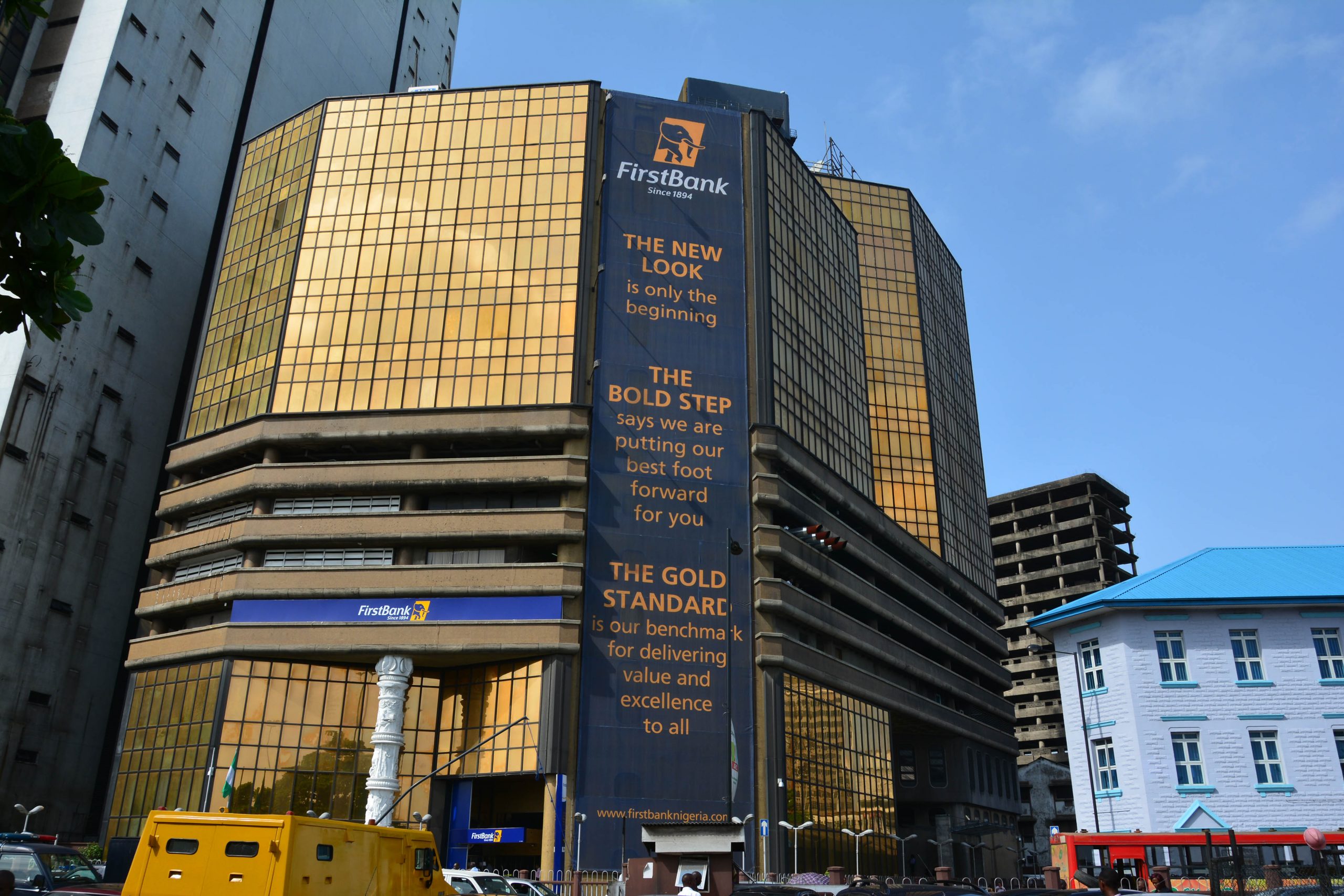The Socio-Economic Rights and Accountability Project (SERAP) has taken legal action against the Central Bank of Nigeria (CBN) following the recent increase in Automated Teller Machine (ATM) transaction fees. SERAP’s suit, filed at the Federal High Court in Lagos on Friday, seeks to challenge what it describes as an unlawful, unfair, unreasonable, and unjust hike in ATM withdrawal fees. The activist group argues that the decision contravenes Nigerian laws and infringes upon the rights of consumers.
The new CBN directive, which was issued in February 2025, stipulates that ATM withdrawals made at machines owned by banks but located outside branch premises will incur a fee of N100 per N20,000 withdrawn. Furthermore, ATM withdrawals at locations such as shopping centers, airports, or standalone cash points will attract a N100 fee in addition to a surcharge of up to N500 per N20,000 withdrawn. The announcement has stirred significant public outcry, particularly from consumer protection groups like SERAP.
In its legal filing, SERAP is asking the court to determine whether the decision by the CBN to raise ATM fees is arbitrary, unfair, unreasonable, and in violation of the Federal Competition and Consumer Protection Act 2018. According to SERAP, the CBN’s actions go against provisions in the Act aimed at protecting consumers from restrictive and unfair business practices. The organization further argues that the CBN’s fee increase violates the constitutional rights of Nigerians, particularly those from lower-income backgrounds.
“We believe that this increase in ATM transaction fees cannot be justified under the Nigerian Constitution, the CBN Act, and the Federal Competition and Consumer Protection Act,” SERAP said in a statement. “It creates a two-tiered financial system that discriminates against poor Nigerians, who may not be able to afford the increased charges, thus further deepening inequality in the country.” The organization has also argued that the CBN’s decision disproportionately benefits wealthy banks while harming economically vulnerable citizens.
SERAP’s lawyers, Kolawole Oluwadare and Andrew Nwankwo, argue that the increase in ATM fees is contrary to the provisions of the Federal Competition and Consumer Protection Act, which mandates that policies should promote the interests and welfare of consumers. The suit further accuses the CBN of violating the Nigerian Constitution and failing to comply with international human rights obligations in its regulatory decisions.
The lawsuit also highlights the fact that Nigerian banks have been posting record profits in recent years. “The increase in ATM transaction fees ought to have been shouldered by wealthy banks and their shareholders, not the general public,” SERAP asserts. “CBN policies should not be skewed against poor Nigerians and heavily in favor of banks that continue to declare trillions of naira in profits, mostly at the expense of their customers.”
In its suit, SERAP has asked for an interim injunction to prevent the CBN from implementing the increased ATM fees until the court hears and determines the matter. The group is also seeking a declaration that the CBN’s circular, dated February 10, 2025, and circulated to banks on February 11, 2025, is arbitrary, unfair, unreasonable, and unjust. “We are asking the court to set aside the Defendant’s circular and order that the CBN refrains from enforcing the decision,” SERAP stated.
The Federal Competition and Consumer Protection Act, 2018, which SERAP cites in its lawsuit, includes provisions aimed at prohibiting restrictive and unfair business practices. According to the Act, these provisions are binding on the CBN, as the law applies to all commercial activities within Nigeria, including those carried out by government agencies such as the CBN.
“Section 1(c)(d) of the Federal Competition and Consumer Protection Act mandates that the Act must protect and promote the interests and welfare of consumers,” SERAP noted. “This includes prohibiting unfair business practices such as the unreasonable and exorbitant increase in ATM transaction fees by the CBN.” The group’s filing argues that the fee hikes are inconsistent with the CBN’s role in managing the country’s financial system in a way that is beneficial to all Nigerians.
SERAP has expressed concern that the CBN’s decision to raise ATM fees could deepen economic inequality in the country. “At a time when several Nigerian banks are declaring record profits, it is manifestly unfair and unjust to impose such exorbitant fees on Nigerians who are already struggling with the rising cost of living,” the group contended. “These fees would only worsen the financial strain on the most vulnerable members of society.”
The court is yet to set a date for the hearing of the interim application and the substantive suit. However, SERAP’s legal challenge has already sparked discussions about the broader implications of the CBN’s policies on consumer rights in Nigeria.
 Peace OdekunleFebruary 24, 20253 Mins read32 Views
Peace OdekunleFebruary 24, 20253 Mins read32 Views















